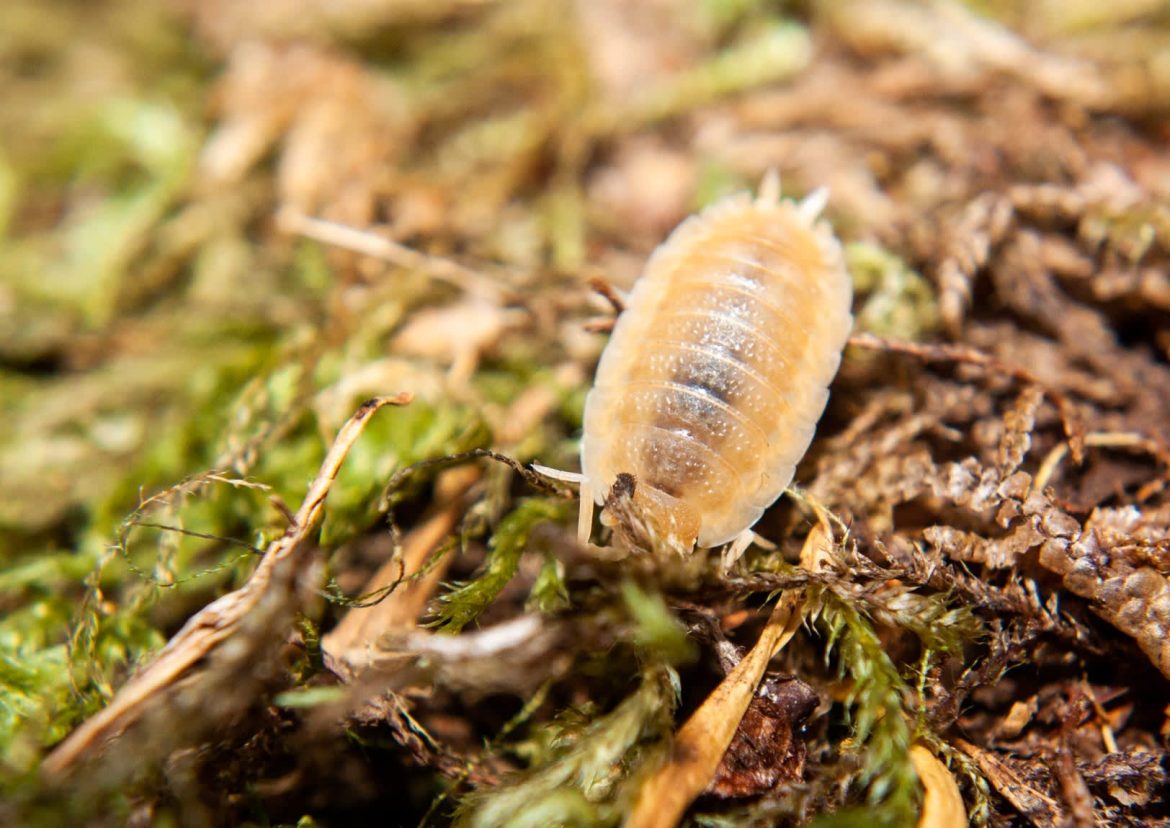Snow White Isopods, a unique species of crustaceans, are often regarded as nature’s cleanup crew due to their vital role in breaking down organic matter in ecosystems. Native to many different areas, these amazing organisms—known for their brilliant white color—are terrestrial isopods. The snow white isopods modest appearance and weight belies their vital ecological roles in preserving the balance of their ecosystems.
What Are Snow White Isopods?
Snow White Isopods is a group of crustaceans closely allied with prawns and crabs. Unlike their watery cousins, these isopods thrive on land. Usually found in damp surroundings like leaf litter, rotting wood, and other organic waste, it gets its “snow-white” look from its pale, nearly transparent exoskeleton.
Ecological Role: Decomposers and Soil Health
Isopods’ most crucial job in the wild is that of decomposers. Scrounging over the ground or another habitat, they consume dead animals, decomposing plant debris, and other organic stuff. Nutrient recycling back into the ecosystem depends critically on this breakdown process. It enables the creation of rich, healthy soil that supports plant development by breaking down dead debris.
Additionally aerating the soil are the isopods. Burrowing into the ground and processing organic matter, they construct channels allowing air and water to reach further down into the soil. This improves nutrient circulation and drainage, therefore enhancing the condition of the soil. Plants then flourish in these enhanced surroundings, gaining from the nutrients made available by the breakdown process.

Snow White Isopods in the Wild
Snow White isopods are commonly found in temperate regions, especially in places with high humidity and lots of organic debris. Usually where they flourish is on the forest floor, under boulders, in compost piles, or under rocks. These habitats provide the moisture and cover required for the survival of the isopods since, in dry conditions for too long, they are prone to desiccation.
The Snow White Isopod in Captivity
The snow white isopods have become rather popular among enthusiasts and collectors in recent years. Those that raise them in supervised surroundings find them alluring because of their striking look and interesting actions. In terrariums, they remain efficient natural cleaners since they consume garbage, and decomposing plant material helps to keep the surroundings clean.
Snow White isopods are quite important for the ecology. Being decomposers, they are a necessary component of the natural process guaranteeing the nutrients in soil are recycled and the preservation of balanced ecosystems. Reminding us of the complex and vital links that abound in nature’s web, their job as the cleanup crew for her makes them priceless contributors to the environmental balance.
